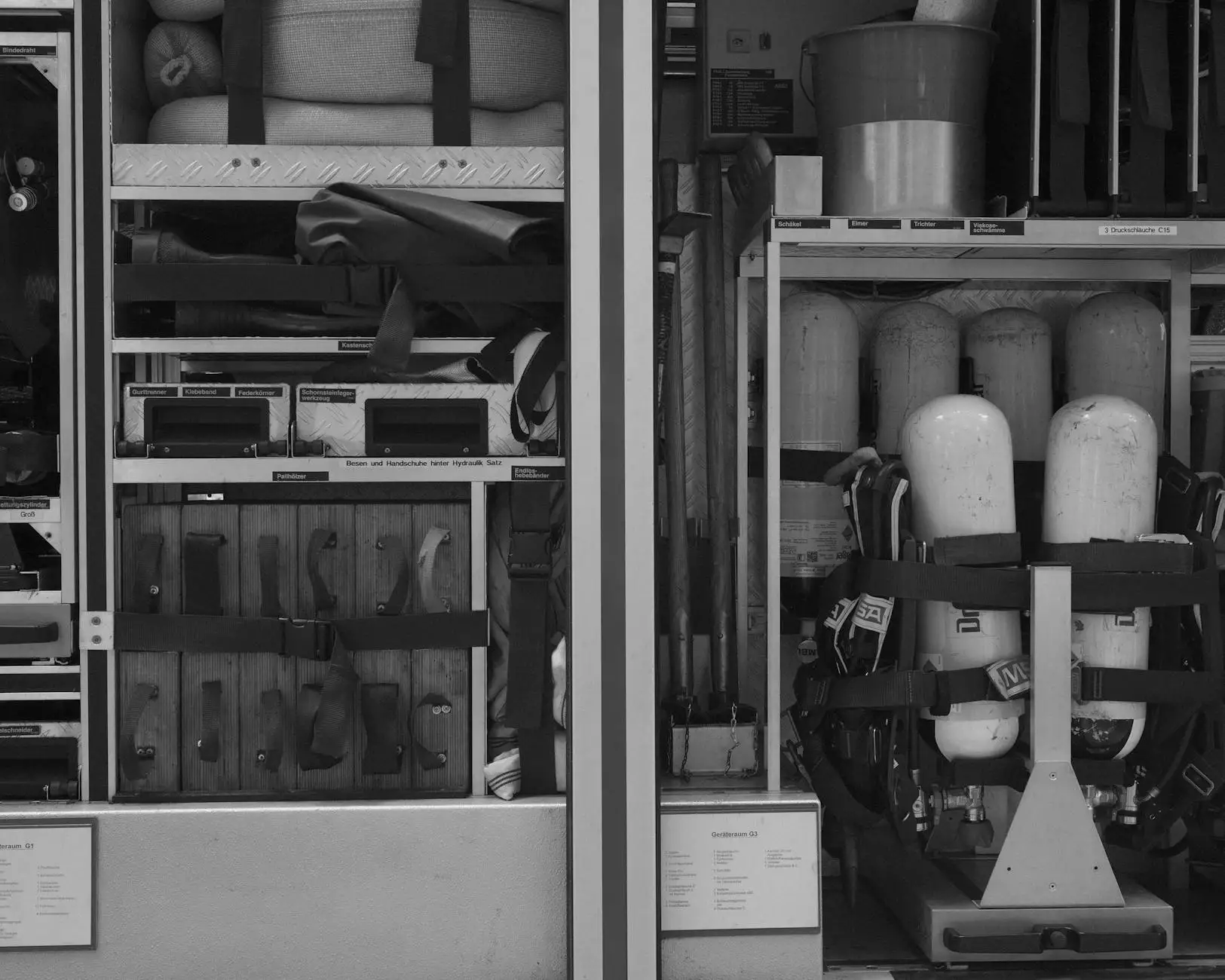Understanding the Importance of Industrial Desiccant Dehumidifiers

In today's competitive business landscape, organizations are continuously seeking innovative solutions to optimize their operations. One of the often-overlooked yet crucial aspects of maintaining an efficient business environment is humidity control. Industrial desiccant dehumidifiers play a pivotal role in ensuring that moisture levels remain optimal, ultimately leading to improved product quality, enhanced employee productivity, and cost savings.
What Are Industrial Desiccant Dehumidifiers?
Industrial desiccant dehumidifiers are specialized machines designed to remove moisture from the air. Unlike traditional refrigeration dehumidifiers that rely on cooling coils, desiccant dehumidifiers use hygroscopic materials (desiccants) that absorb moisture from the surrounding air. These systems are particularly effective in environments where low humidity levels are critical for operational efficiency.
How Do They Work?
The functioning of industrial desiccant dehumidifiers hinges on a cycle of adsorption and regeneration. The process involves:
- Air Intake: Humid air is drawn into the dehumidifier.
- Adsorption: The moist air passes over the desiccant material, which absorbs the moisture.
- Regeneration: After the desiccant becomes saturated, it is heated to release the absorbed moisture, which is then expelled outside.
- Dry Air Release: The dried air is vented back into the environment, maintaining low humidity levels.
Benefits of Utilizing Industrial Desiccant Dehumidifiers
The advantages of implementing industrial desiccant dehumidifiers extend across various sectors. Here are some key benefits:
1. Enhanced Product Quality
In industries such as pharmaceuticals, food processing, and electronics, excessive moisture can degrade product quality. By installing industrial desiccant dehumidifiers, businesses can maintain the required humidity levels to preserve product integrity.
2. Improved Employee Productivity
High humidity can lead to discomfort among employees, impacting their productivity. Maintaining a controlled environment through the use of desiccant systems ensures a comfortable working climate, promoting efficiency and focus.
3. Energy Efficiency
Many industrial desiccant dehumidifiers are designed to be energy-efficient. By lowering the need for traditional air conditioning systems, businesses can significantly reduce their energy consumption and operational costs.
4. Versatility
These systems can be easily integrated into various applications, including:
- Marine industries
- Cold storage facilities
- Manufacturing plants
- Laboratories
- Data centers
Choosing the Right Industrial Desiccant Dehumidifier
When it comes to selecting the appropriate industrial desiccant dehumidifier, there are several factors to consider:
1. Application Needs
Understanding the specific moisture control requirements of your business is paramount. Different applications may necessitate varying levels of humidity control.
2. Capacity
Evaluating the humidity levels in your environment will help you choose a dehumidifier with the right capacity. The capacity is often measured in liters of moisture removed per day.
3. Energy Consumption
Investigate the energy efficiency of the model. Many modern units come with energy-saving features that can greatly benefit your operational costs in the long run.
4. Maintenance Requirements
Look for a model that is easy to maintain. Routine checks and maintenance are essential to ensure your dehumidifier operates efficiently over time.
Applications of Industrial Desiccant Dehumidifiers
The versatility of industrial desiccant dehumidifiers allows them to be used in various industries:
1. Food and Beverage
Maintaining optimal humidity conditions in food production and storage facilities is vital for food safety and quality. Desiccant dehumidifiers can help prevent mold growth and spoilage.
2. Pharmaceuticals
In the pharmaceutical sector, controlling humidity is essential to ensure that drugs remain effective and do not degrade due to moisture.
3. Electronics
Moisture can critically damage electronic components. Desiccant dehumidifiers help protect sensitive equipment by maintaining humidity levels that are conducive to their longevity.
4. Paper and Printing
Papers and printing processes require stable humidity to prevent warping and ensure quality in the final products. Dehumidification helps uphold the integrity of these materials.
Conclusion
In conclusion, industrial desiccant dehumidifiers are integral to creating a controlled and efficient business environment. Their ability to manage humidity effectively not only enhances product quality and employee comfort but also provides significant energy savings. By choosing the right model tailored to your specific needs, you can facilitate smoother operations and create a more productive workspace.
To explore a comprehensive range of industrial desiccant dehumidifiers and other humidity control solutions, visit Climatronics, your trusted partner in achieving optimal environmental conditions for your business.









